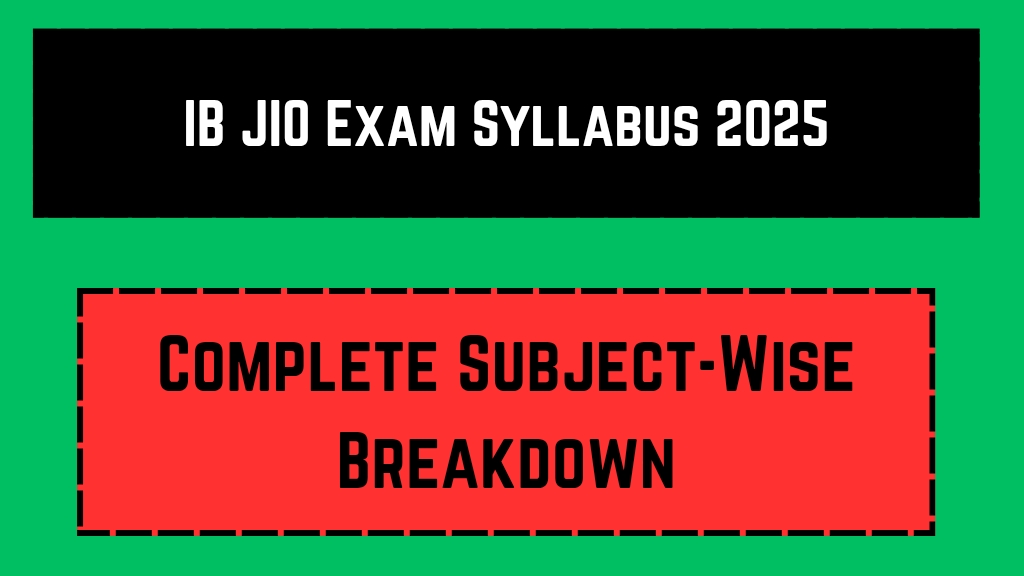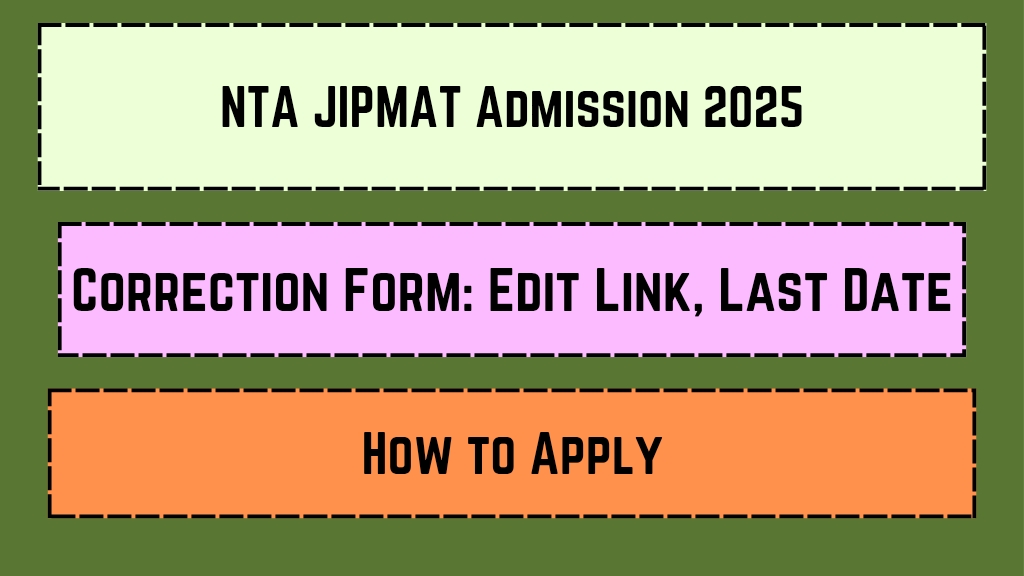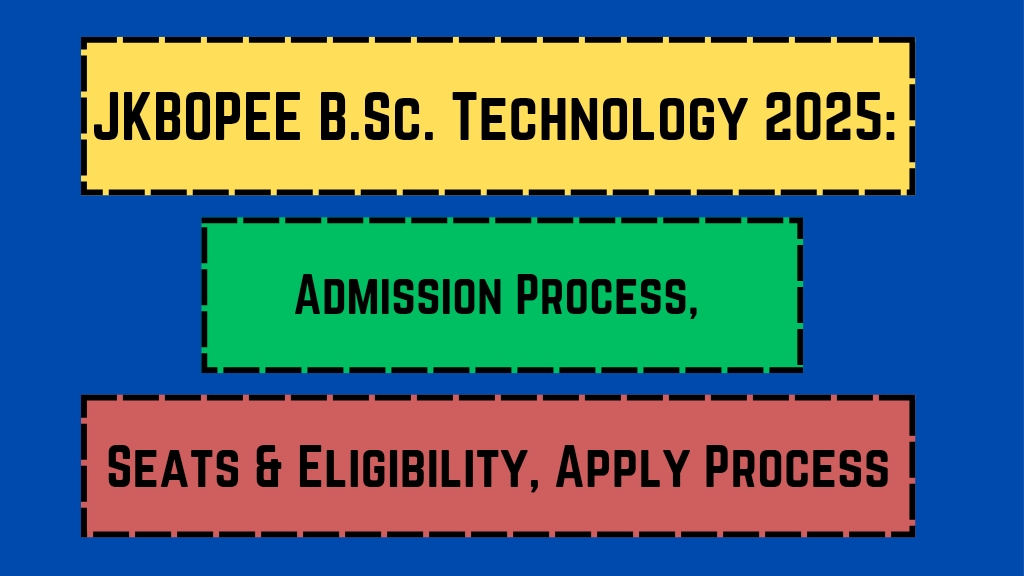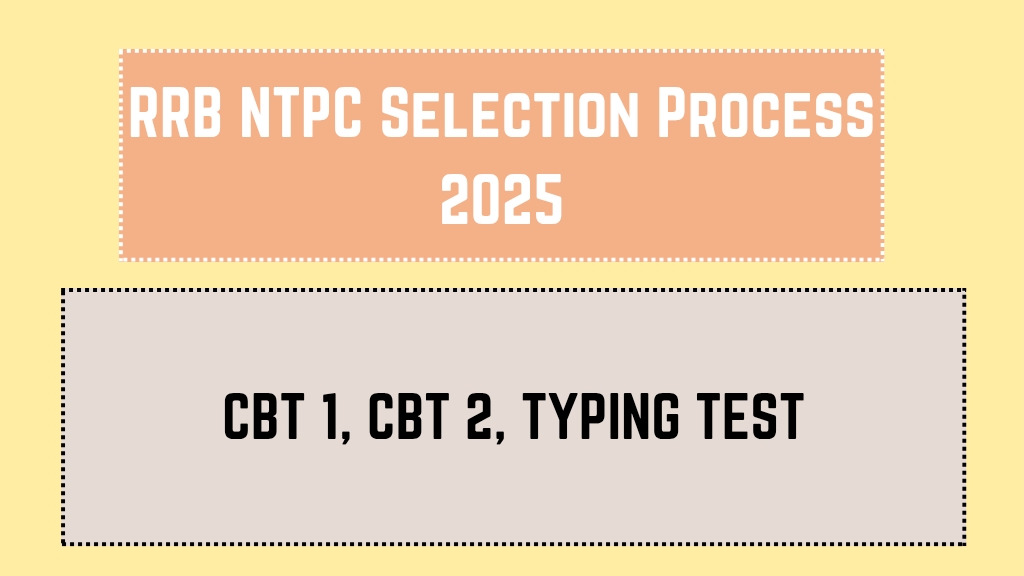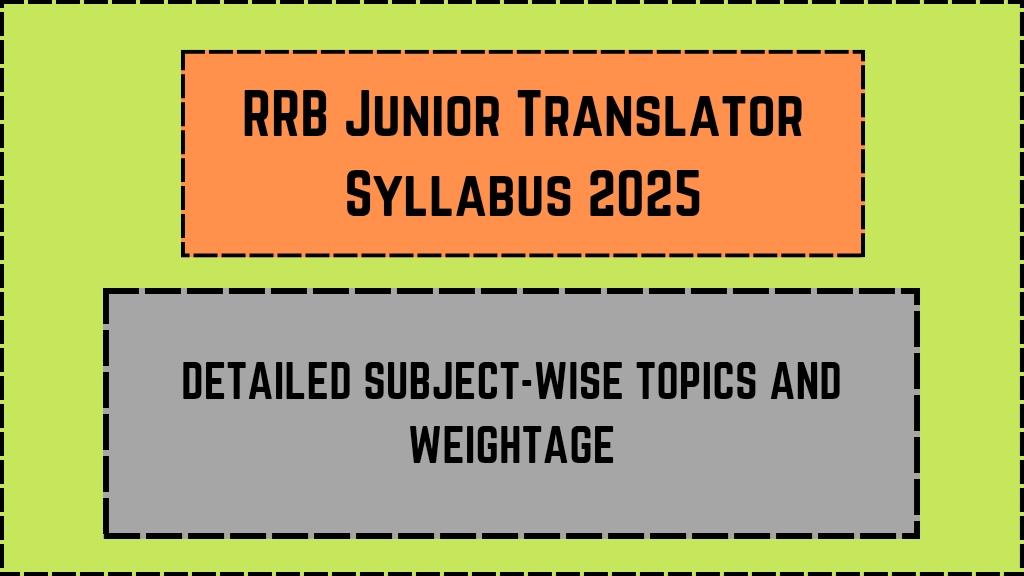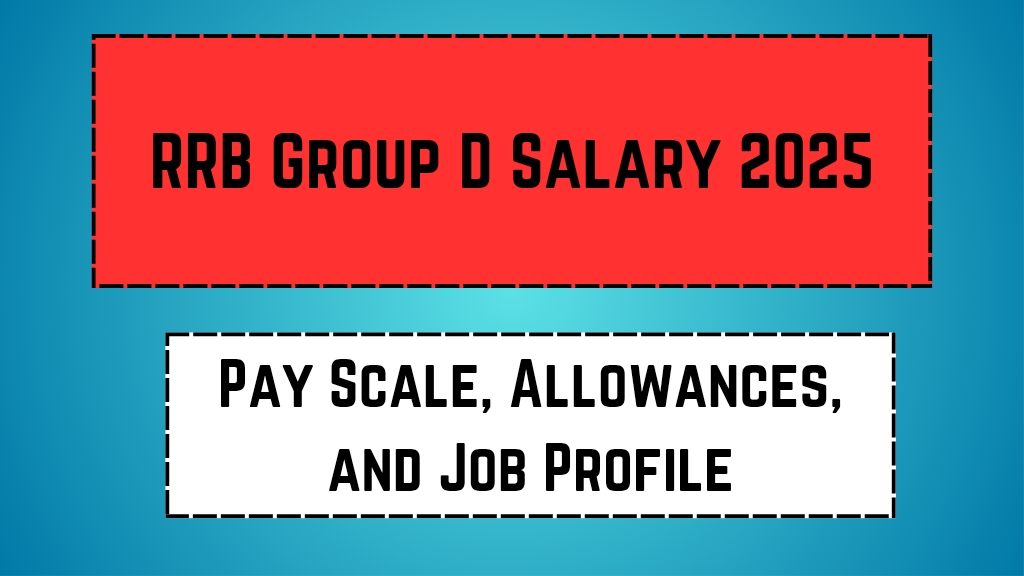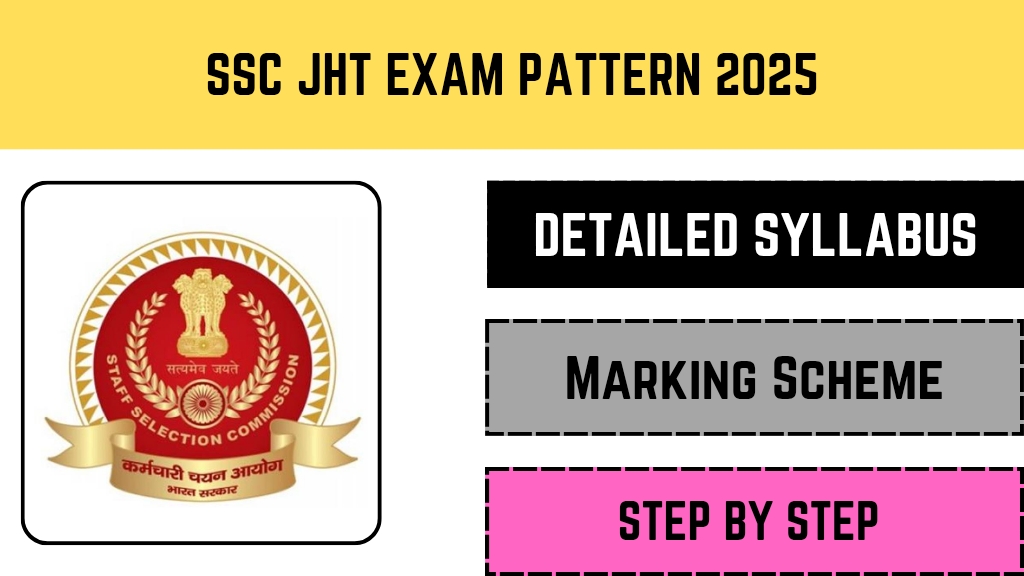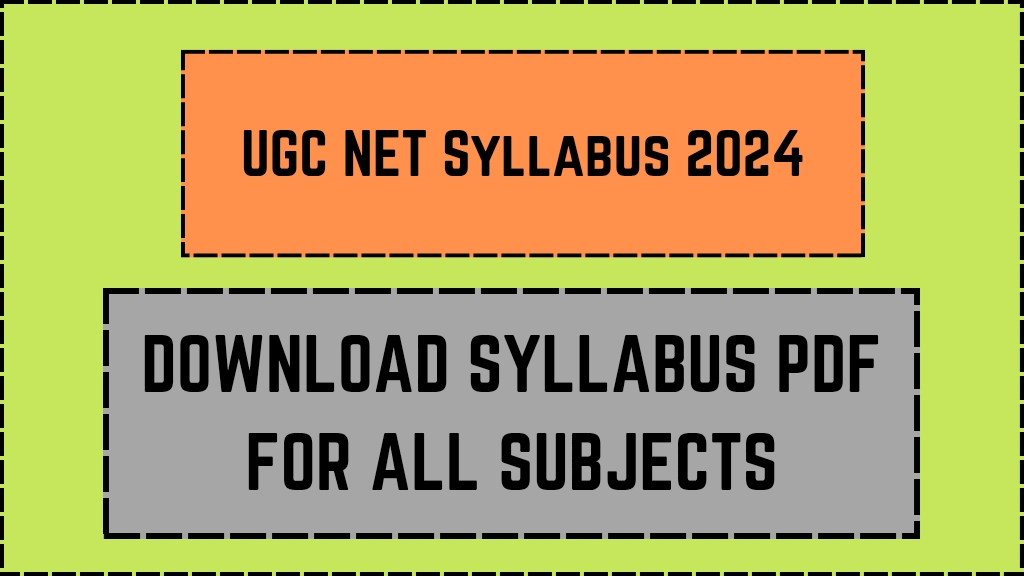Preparing for the Intelligence Bureau’s Junior Intelligence Officer (IB JIO) Exam 2025 requires a thorough understanding of the syllabus and exam pattern. This guide provides a detailed breakdown to help you navigate your preparation effectively.
Key Highlights 📌
- Organization Name: Ministry of Home Affairs, Intelligence Bureau
- Post Name: Junior Intelligence Officer (JIO)
- Selection Process:
- Tier I: Objective Exam
- Tier II: Skill Test
- Tier III: Interview
- Exam Duration: 2 hours for Tier I
- Negative Marking: 0.25 marks deducted for each wrong answer
- Official Website: www.mha.gov.in
Exam Pattern Overview 📝
The IB JIO Exam is structured in three tiers:
- Tier I: Online Objective Exam
- Total Questions: 100
- Sections:
- General Mental Ability: 25 questions
- Technical Subjects: 75 questions
- Duration: 2 hours
- Negative Marking: 0.25 marks for each incorrect answer
- Tier II: Skill Test
- Nature: Practical and technical, aligned with the job profile
- Total Marks: 30
- Tier III: Interview/Personality Test
- Total Marks: 20
Note: Candidates must clear each tier to progress to the next stage.
Detailed Syllabus Breakdown 📚
1. General Mental Ability
This section assesses your reasoning and analytical skills. Key topics include:
- Logical Reasoning:
- Analogies
- Series Completion
- Coding and Decoding
- Blood Relations
- Direction Sense
- Puzzles
- Quantitative Aptitude:
- Number Systems
- Percentages
- Ratio and Proportion
- Time and Work
- Profit and Loss
- Averages
- Simple and Compound Interest
- Time, Speed, and Distance
- Data Interpretation
2. Technical Subjects
The technical section focuses on subjects relevant to the candidate’s educational background. Depending on your qualification, prepare for the following areas:
a. Electronics & Telecommunication Engineering
- Electronic Devices and Circuits:
- Semiconductors
- Diodes and Transistors
- Amplifiers and Oscillators
- Digital Electronics:
- Logic Gates
- Flip-Flops
- Counters and Registers
- Analog and Digital Communication
- Microprocessors and Microcontrollers:
- Architecture
- Programming
- Interfacing
- Communication Systems:
- Modulation Techniques
- Transmission Lines
- Antennas
b. Computer Science/Information Technology
- Programming Concepts:
- C, C++, Java
- Data Structures (Arrays, Linked Lists, Stacks, Queues, Trees, Graphs)
- Database Management Systems (DBMS):
- SQL Queries
- Normalization
- Transactions
- Operating Systems:
- Process Management
- Memory Management
- File Systems
- Computer Networks:
- OSI and TCP/IP Models
- Network Protocols
- Network Security
- Web Technologies:
- HTML, CSS, JavaScript
- Basics of Web Development
c. Physics
- Mechanics:
- Laws of Motion
- Work, Energy, and Power
- Electromagnetism:
- Electric Fields and Potentials
- Magnetic Fields
- Electromagnetic Induction
- Optics:
- Reflection and Refraction
- Wave Optics
- Modern Physics:
- Quantum Mechanics
- Nuclear Physics
d. Mathematics
- Algebra:
- Equations
- Progressions
- Calculus:
- Differentiation and Integration
- Limits and Continuity
- Geometry and Trigonometry:
- Shapes and Volumes
- Trigonometric Ratios
- Statistics and Probability:
- Mean, Median, Mode
- Probability Theorems
Preparation Tips 📝
- Understand the Exam Pattern: Familiarize yourself with the structure to manage time effectively during the exam.
- Create a Study Plan: Allocate specific time slots for each subject, ensuring comprehensive coverage.
- Practice Regularly: Solve previous years’ papers and take mock tests to build confidence and identify areas of improvement.
- Stay Updated: Keep abreast of current affairs, especially topics related to national security and intelligence.
- Revise Consistently: Regular revision is key to retaining concepts and formulas.
By adhering to this structured approach and focusing on the outlined topics, you can enhance your preparation for the IB JIO Exam 2025. Remember, consistent effort and a clear understanding of the syllabus are pivotal to success.
